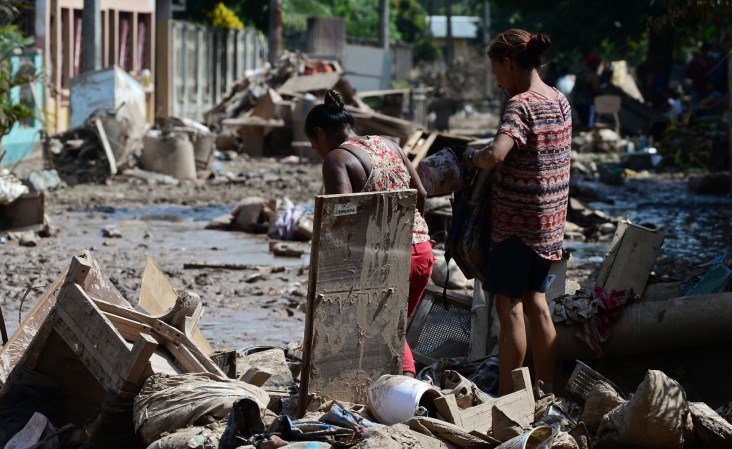Speeches Shim
Storms Eta and Iota adversely affected 4.6 million people in Honduras, representing nearly half of the country’s population of 9.3 million, according to the results of a multi-sector needs assessment conducted by the UN Disaster Assessment and Coordination (UNDAC) team between November 22 and December 3 in nine affected departments.
The effects of Hurricanes Eta and Iota are expected to worsen food insecurity in Guatemala, Honduras, and Nicaragua in the coming months, with 3 million people currently projected as experiencing severe acute food insecurity. The U.S. Ambassador to Nicaragua visits Puerto Cabezas, where USAID/BHA partner UNICEF delivers WASH assistance to affected households. USAID deactivates the DART and RMT; USAID/BHA staff continue to manage humanitarian response activities from Central America and Washington, D.C.
The DART and USAID/BHA personnel supporting the DART continue to assess humanitarian conditions and coordinate response activities in Guatemala, Honduras, and Nicaragua. Humanitarian agencies provide health and WASH support to storm-affected people in Guatemala. DoD transports GoC heavy duty equipment to Providencia to support debris clearance efforts, completing the final DoD mission in support of the humanitarian response to storms Eta and Iota.
USAID/BHA announces additional funding for Honduras, Guatemala, and Colombia, bringing the total USAID/BHA funding allocated to the response to nearly $48 million. Relief actors highlight health, nutrition, protection, and WASH needs among populations remaining in evacuation shelters in Guatemala, Honduras, and Nicaragua. DoD fulfills all humanitarian missions in Guatemala and Honduras, transporting 257 MT of urgently needed supplies to reach storm-affected communities.
Back-to-back hurricanes have unleashed heavy winds, rain, and severe flooding and landslides across Central America. On November 3, Hurricane Eta made landfall as a powerful Category 4 storm. Just two weeks later Hurricane Iota, a Category 5 storm at its strongest, traveled the same path through the region. On November 17, USAID deployed a Disaster Assistance Response Team (DART) to lead the U.S. Government’s humanitarian response.


Comment
Make a general inquiry or suggest an improvement.